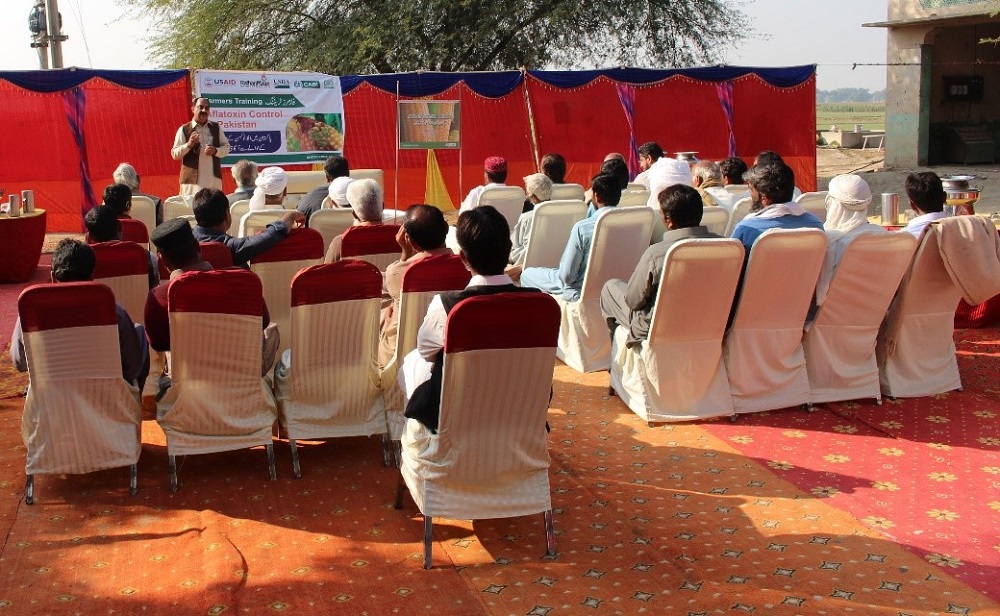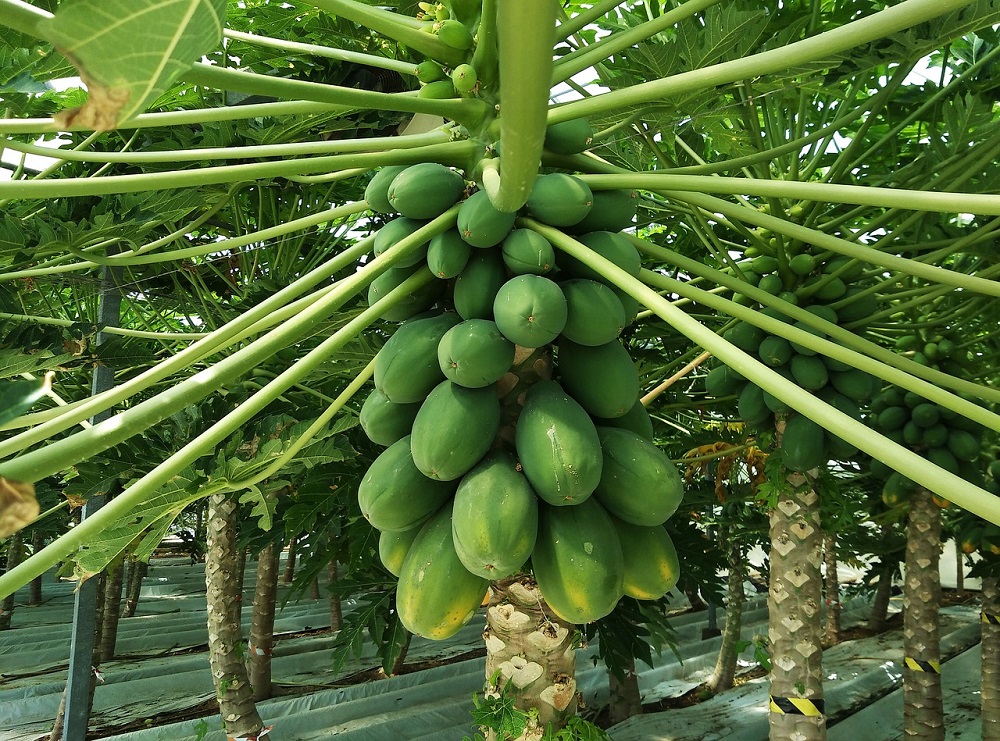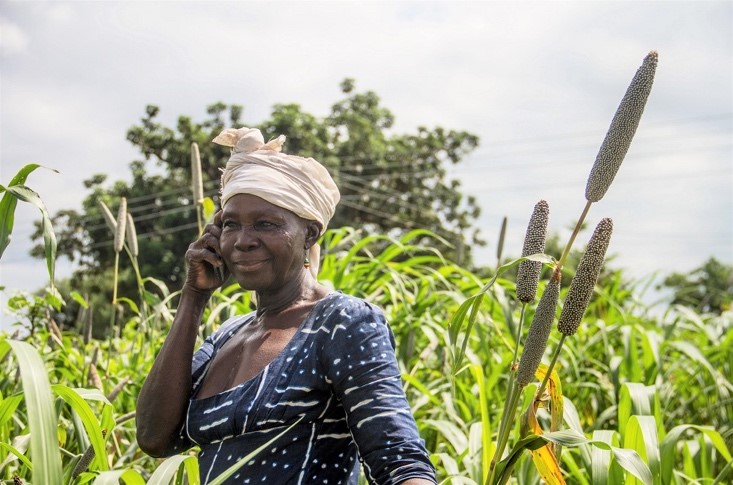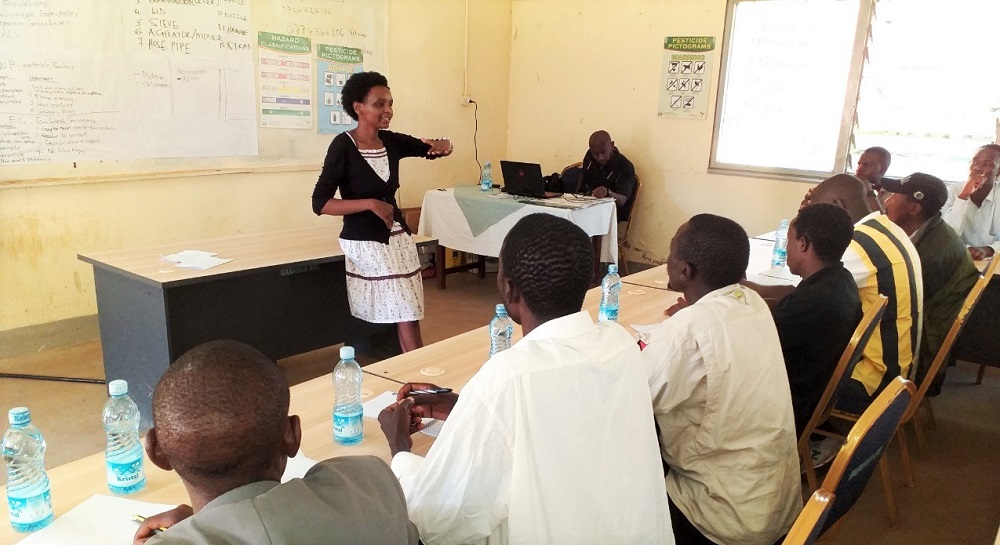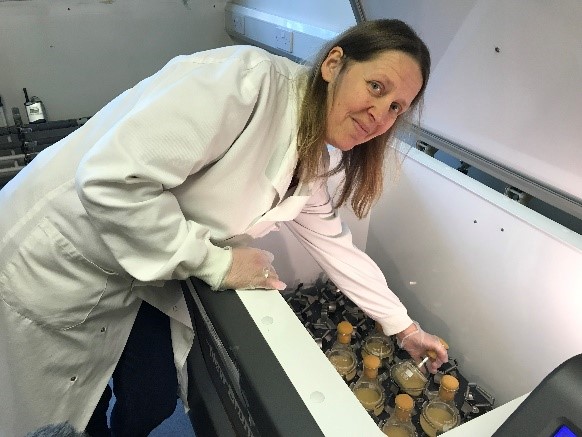Top 10 most downloaded CAB eBooks of 2020
For many students, 2020 was their most challenging yet – if not in terms of subject matter, then almost certainly in terms access to study materials. With many students working remotely, away from the convenience of campus and the university library, eBooks became more important than ever before. During the global pandemic, we saw the…
Need help with publishing your paper? CABI Author Services helps you edit, publish and share your research
Getting an academic paper published isn’t always easy and the hurdles that stand in your way aren’t always about the research. Perhaps you’re an early stage researcher preparing your paper for submission, but you’re unfamiliar with the steps that maximize the chances of it being published. Or maybe English isn’t your first language, but you’re…
agriRxiv’s top 10 most read preprints of 2020
As we start the new year, we’ve crunched the numbers1 and compiled the top 10 most read preprints on CABI agriRxiv in 2020. agriRxiv (pronounced ‘agri-archive’) is a free, open access source of unpublished preprints across the agricultural sciences, hosted by CABI. Preprints are drafts of research articles that authors share before submitting their final…



